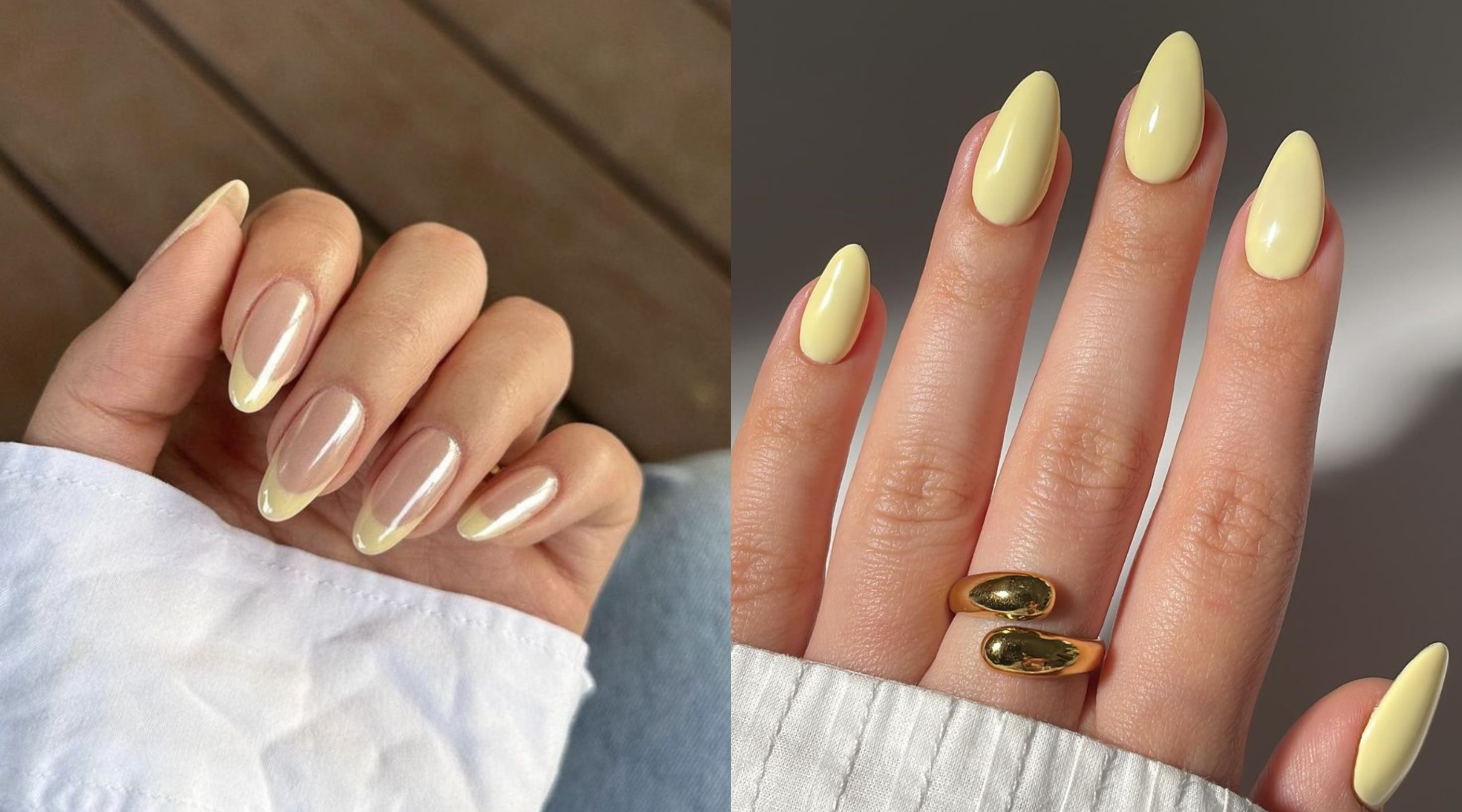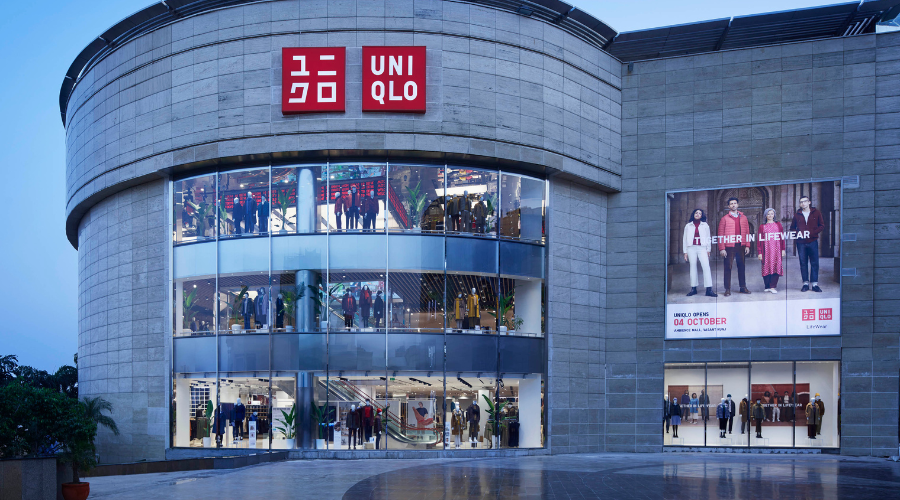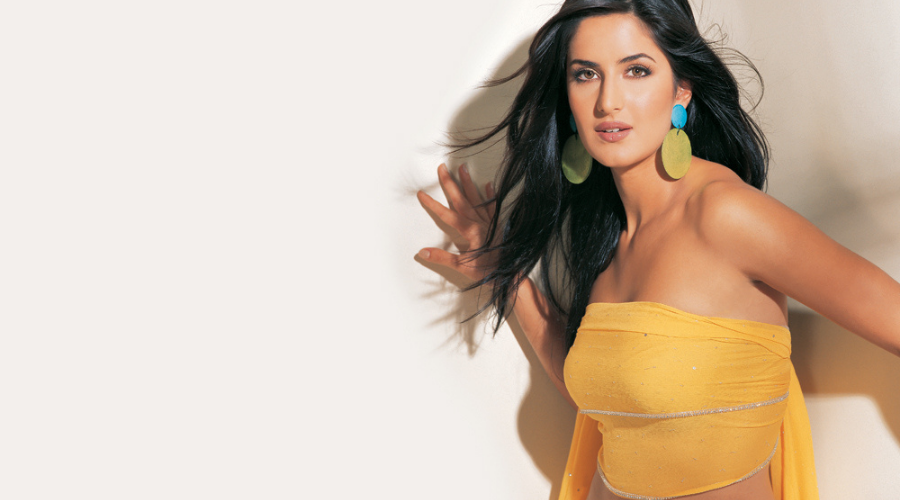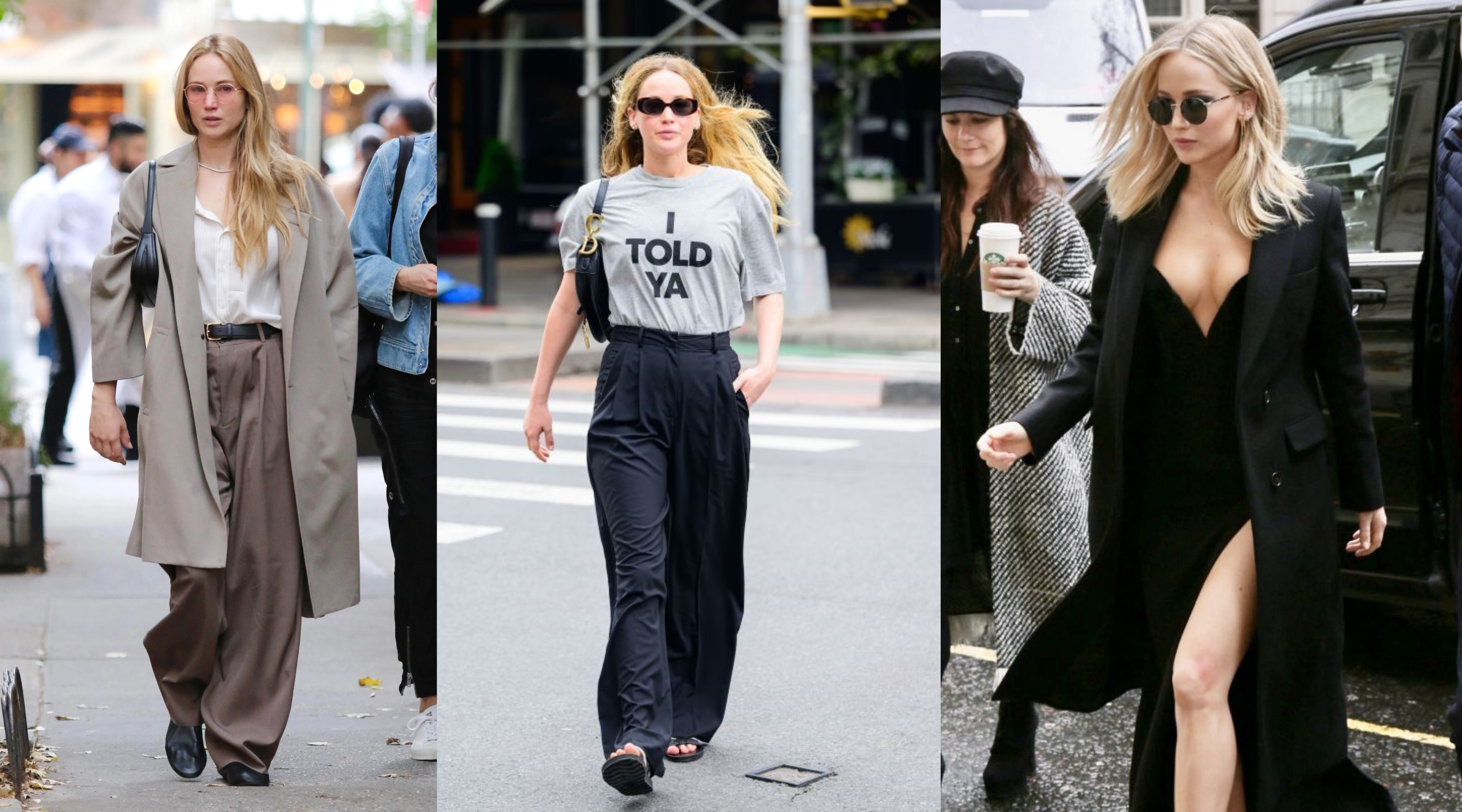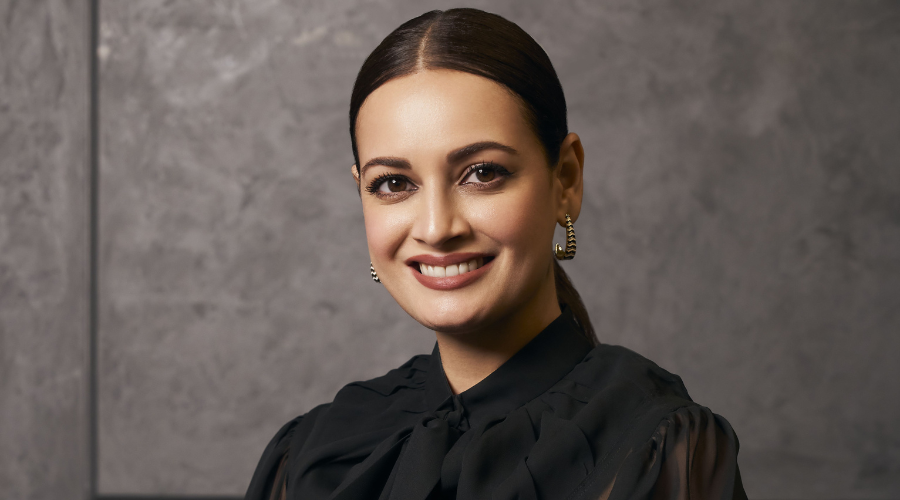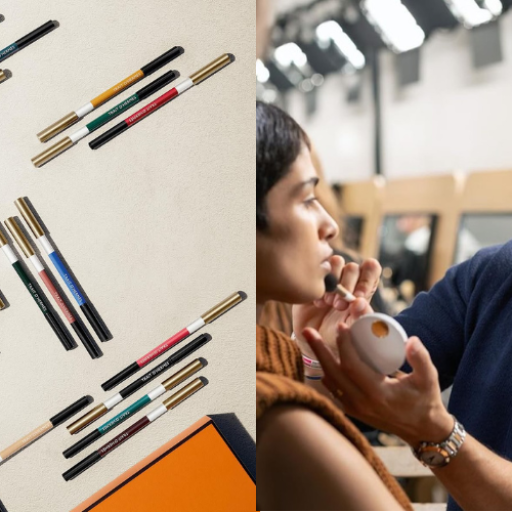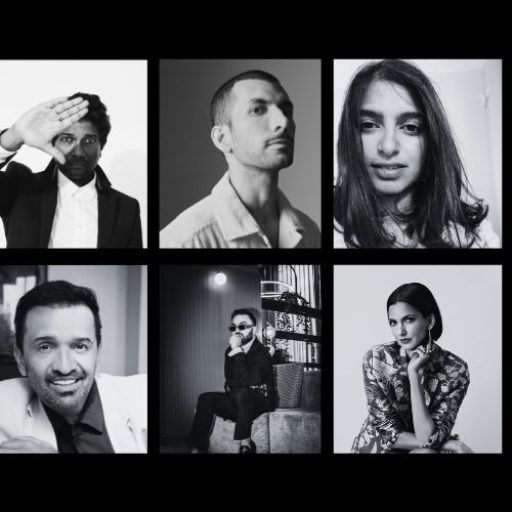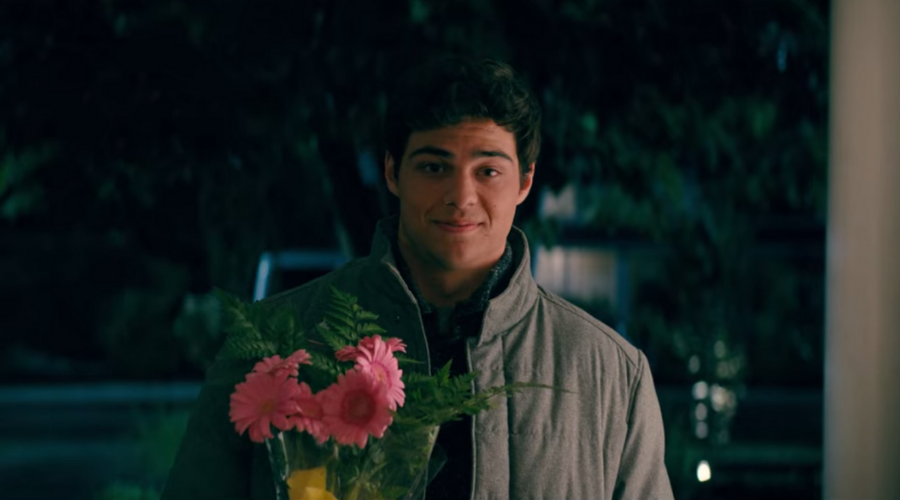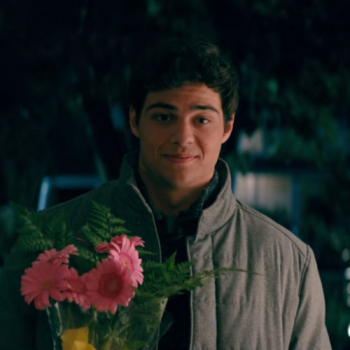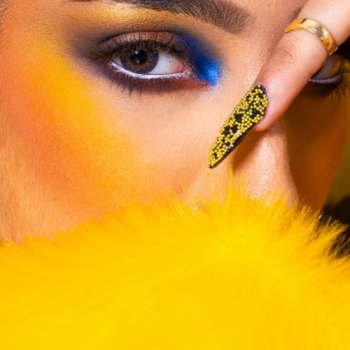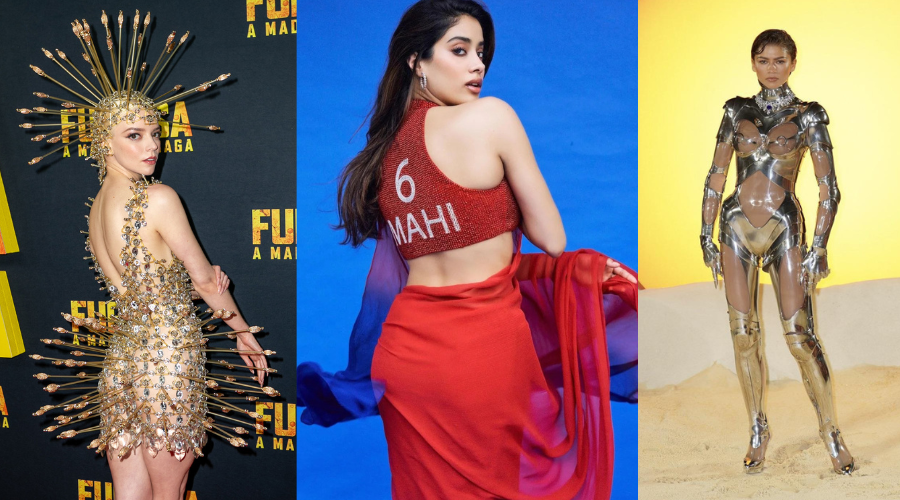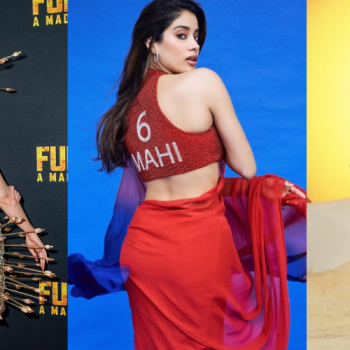A swift Instagram search presents you with Dia Mirza Rekhi’s able credentials—actor, eco investor, Goodwill Ambassador UNEP, UN Secretary General’s Advocate for SDGs, IFAW-Ambassador, and the list is rather extensive. Having donned many hats while relentlessly pushing forth the agenda for building a sustainable future, the actress’ personal choices have always run congruent to her public stance on these issues. Hence, it was imperative that we caught up with our ELLE Leaders of Change recipient for ELLE’s Sustainability Issue.
ELLE: What does sustainability mean to Dia Mirza Rekhi?
Dia Mirza Rekhi (DMR): To me, sustainability is about living in a way that allows us to meet our needs without compromising the ability of future generations to meet their own. It’s about finding a balance between economic growth, social development, and environmental protection. Sustainability for me is a way of life and involves making conscious choices about the products we use, the food we eat, and the way we travel. It means being mindful of our impact on the environment and taking steps to reduce our carbon footprint by using renewable energy sources and minimising waste. Sustainability is also about promoting social justice and equity, ensuring that everyone has access to food, water, and healthcare. It’s about recognising the interconnectedness of all living beings and working together to create a more harmonious and equitable world. Ultimately, it is about creating a better future for ourselves and for the generations to come.
ELLE: Having been an advocate for the SDG goals by the United Nations, what were the learnings and in what ways have you implemented the same personally?
DMR: The 2023 IPCC Report on Climate Change says very clearly that human-induced global warming of 1.1 degrees C has caused changes to the Earth’s climate that are unprecedented in recent human history. As a mother, first and foremost, and an advocate for Sustainable Development Goals (SDG), I feel compelled to do something meaningful to change the narrative every single day. I am also incredibly inspired by the work being done globally to achieve these important objectives. Through my involvement with various organisations and initiatives, I have been fortunate to have access to a wealth of information and resources that have opened my eyes to new perspectives. Meeting activists, researchers, and environmentalists have helped me better understand the complex issues we are facing today. In terms of implementation, I have tried to incorporate the tenets of the SDGs in my work and personal life as much as possible. Most importantly, I try my best to use the platform I have to advocate the policies and initiatives that support the SDGs.
ELLE: What are some important things to keep in mind when curating a conscious wardrobe?
DMR: Impulse buys are usually not sustainable in any sense of the word and there is a huge difference between desires triggered by social media stimuli and what we need and want at a deeper level. What I know from experience is that conscious choices change us at a subliminal level and give us greater control over how much we buy and for what reason. For instance, once you get used to organic cotton and sustainably made clothing, you will not like the touch of synthetic fabrics like polyester against your skin. And once you learn that these fabrics are derived from non-renewable resources and can take centuries to decompose, you will steer clear of them instinctively. Choosing slow fashion and quality over quantity is important for me and I love clothes that are designed to last and made by ethical labels that prioritise sustainable manufacturing practices.
ELLE: Having already won multiple accolades for your efforts in the sustainability arena, what motivates you to keep striving for a better tomorrow?
DMR: This journey has been guided by the need to make a difference in whatever little way I can and I want to continue amplifying issues that need to be discussed more widely. I want to continue championing climate warriors who are doing critically important work to clean up our oceans and are fighting for cleaner air, wildlife, and forests. What motivates me is the belief that as an Earth citizen and a mother, it is my responsibility to leave a green, healthy, and sustainable planet for future generations. As someone who is passionate about sustainability and the environment, I am also constantly motivated by the knowledge that every small action we take today can make a difference in our shared tomorrow. I am also inspired by the incredible work being done by individuals and organisations around the world to address the pressing environmental challenges of our time. Seeing people building networks of hope to bring about positive change with collective action is also deeply reassuring. But yes, there is so much more we could do together across sectors and disciplines to find lasting collaborative and innovative solutions.
ELLE: List some of your go-to conscious, homegrown fashion labels.
DMR: Over the years, I have focused on making intentional choices rather than on fashion trends, by choosing labels that work with local artisans, upcycled fabric, techniques, and processes that are as sustainable as possible. Some of my favourites are Cord, Mati by Fatima Punjaabi, Injiri by Chinar, Vaayu, Anavila and I have also invested in Greendigo, a brand that creates organic clothing for children. It is always a joy to interact with designers who are as passionate as I am about the environment and are mindful of how our consumption patterns impact it. I was extremely disturbed to read about the Atacama Desert in northern Chile which has become one of the world’s fastest-growing dumps of discarded clothes. Fast fashion is a rapidly growing pandemic and the United Nations has in fact called it an environmental and social emergency. So not contributing to this crisis is very important for me. Supporting homegrown, sustainable, ethical, and eco- sensitive fashion labels is an important step toward creating a more conscious and responsible fashion industry.

